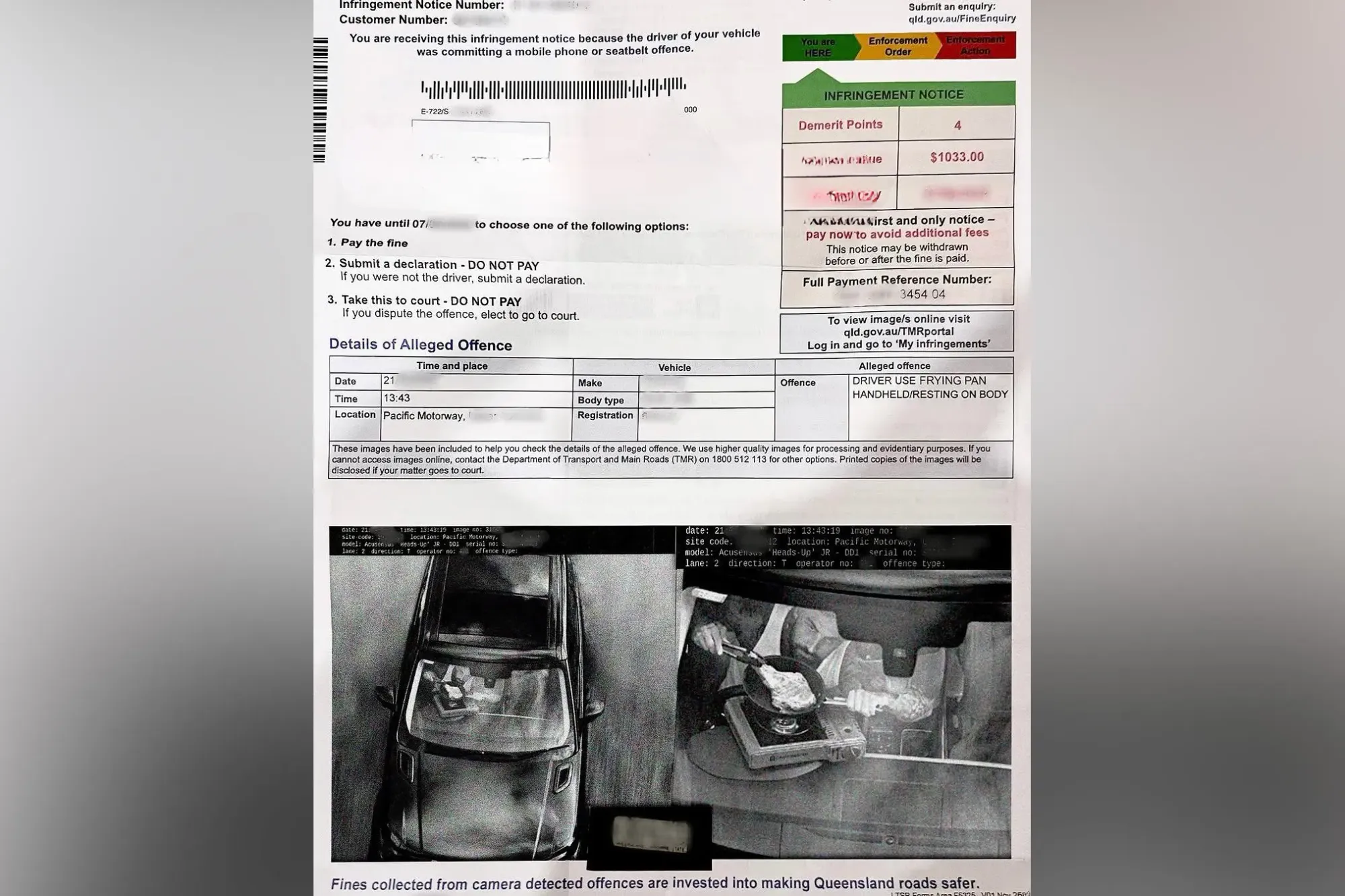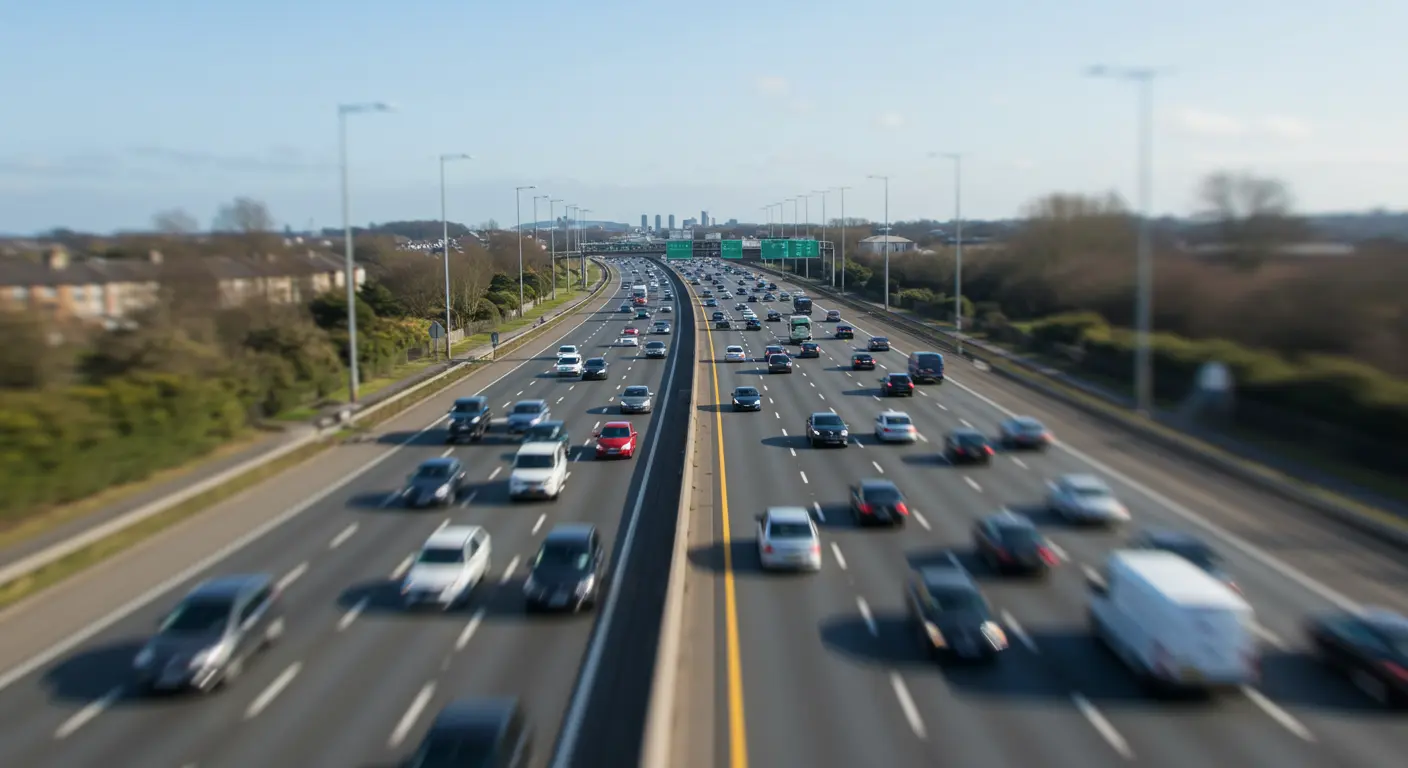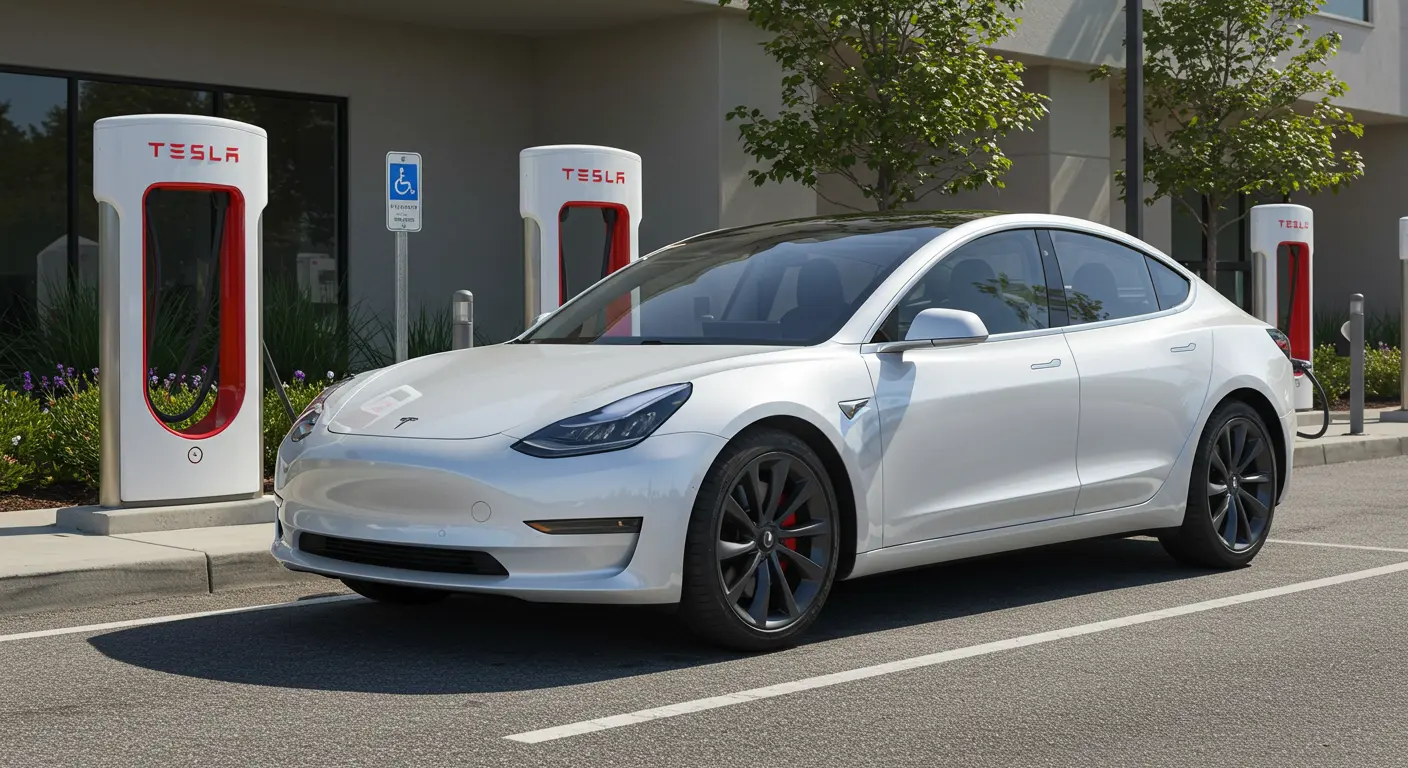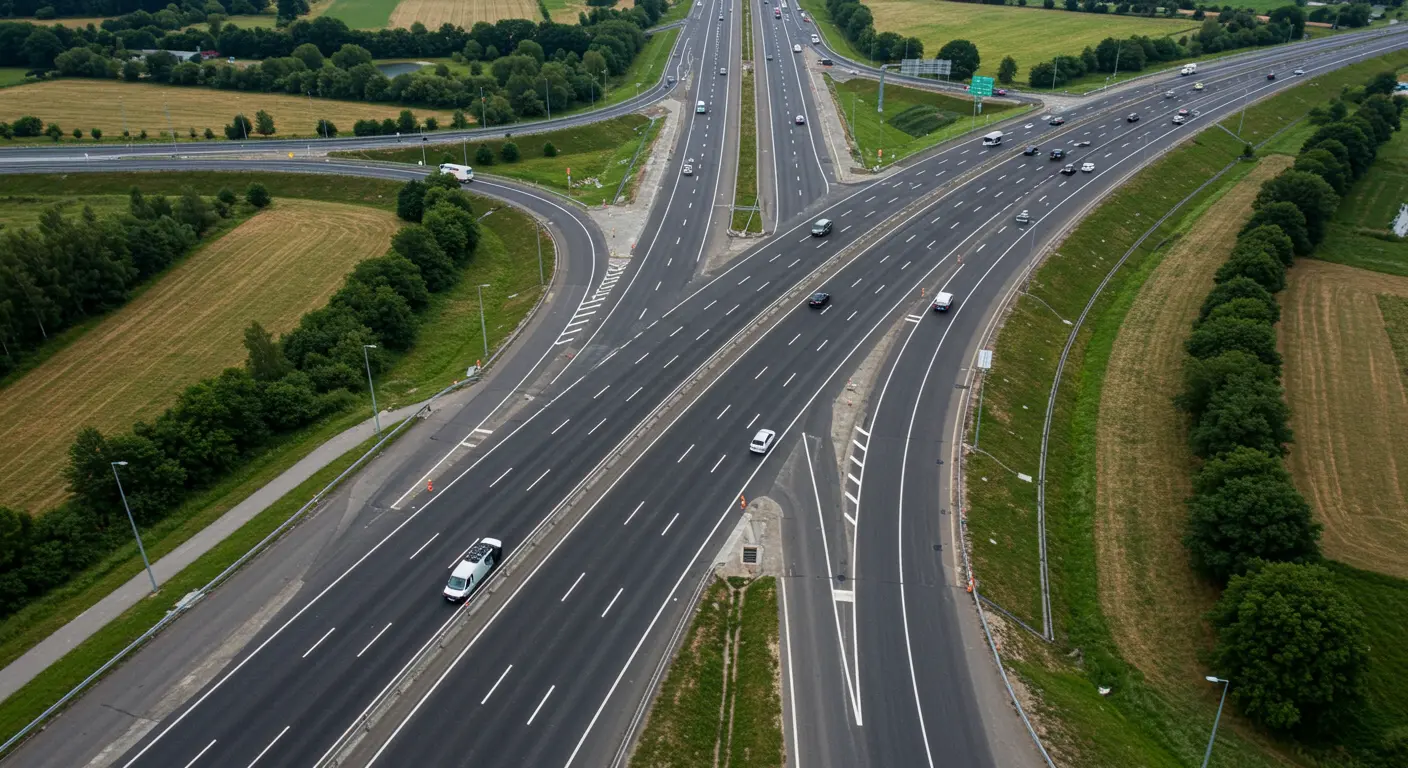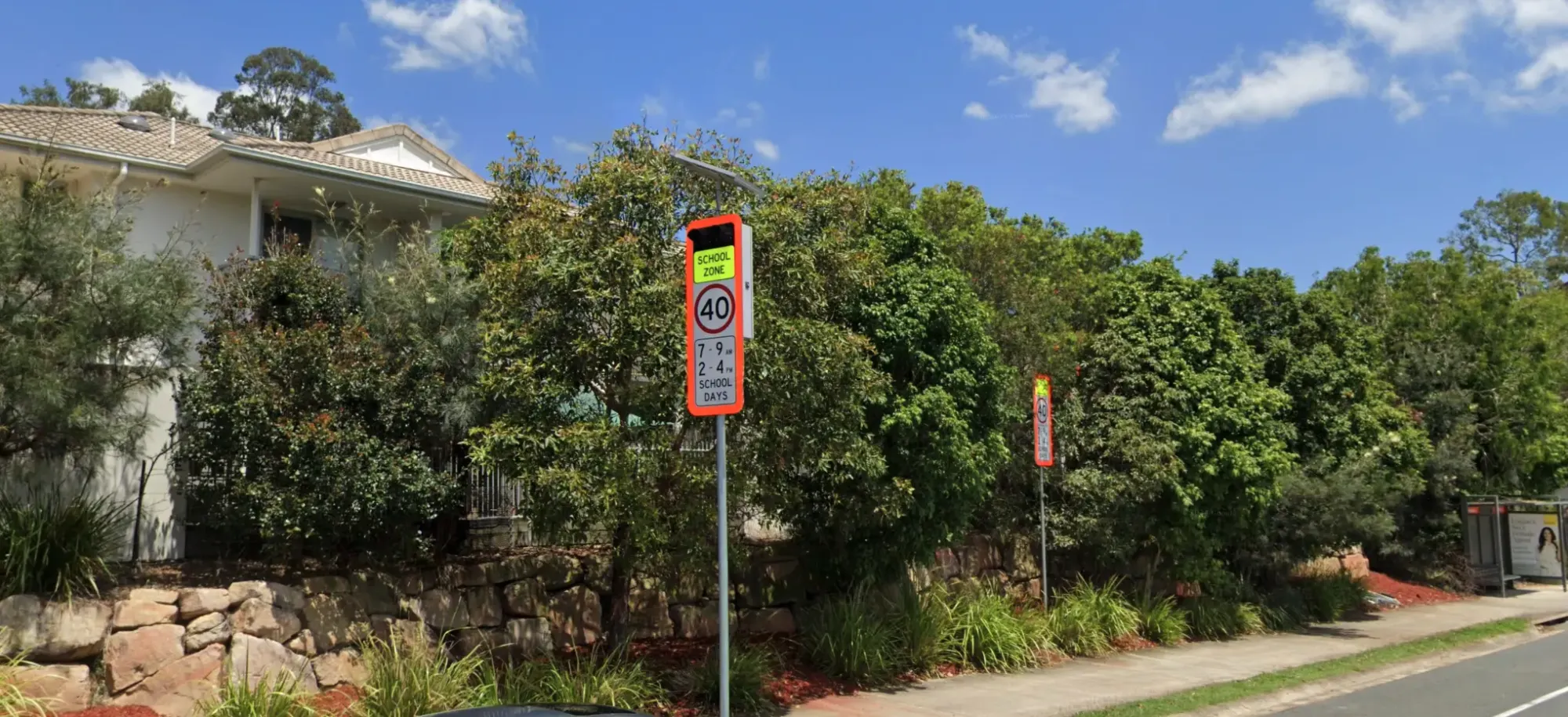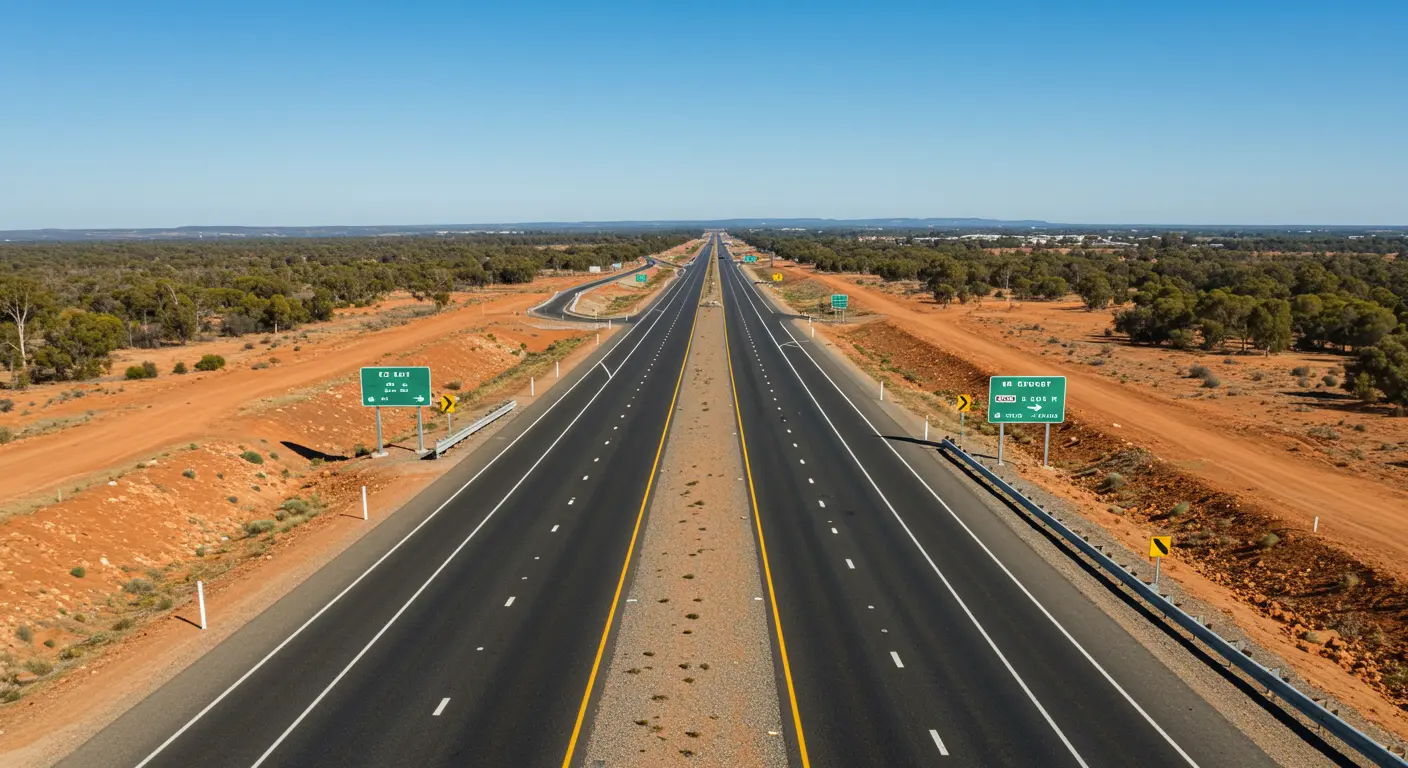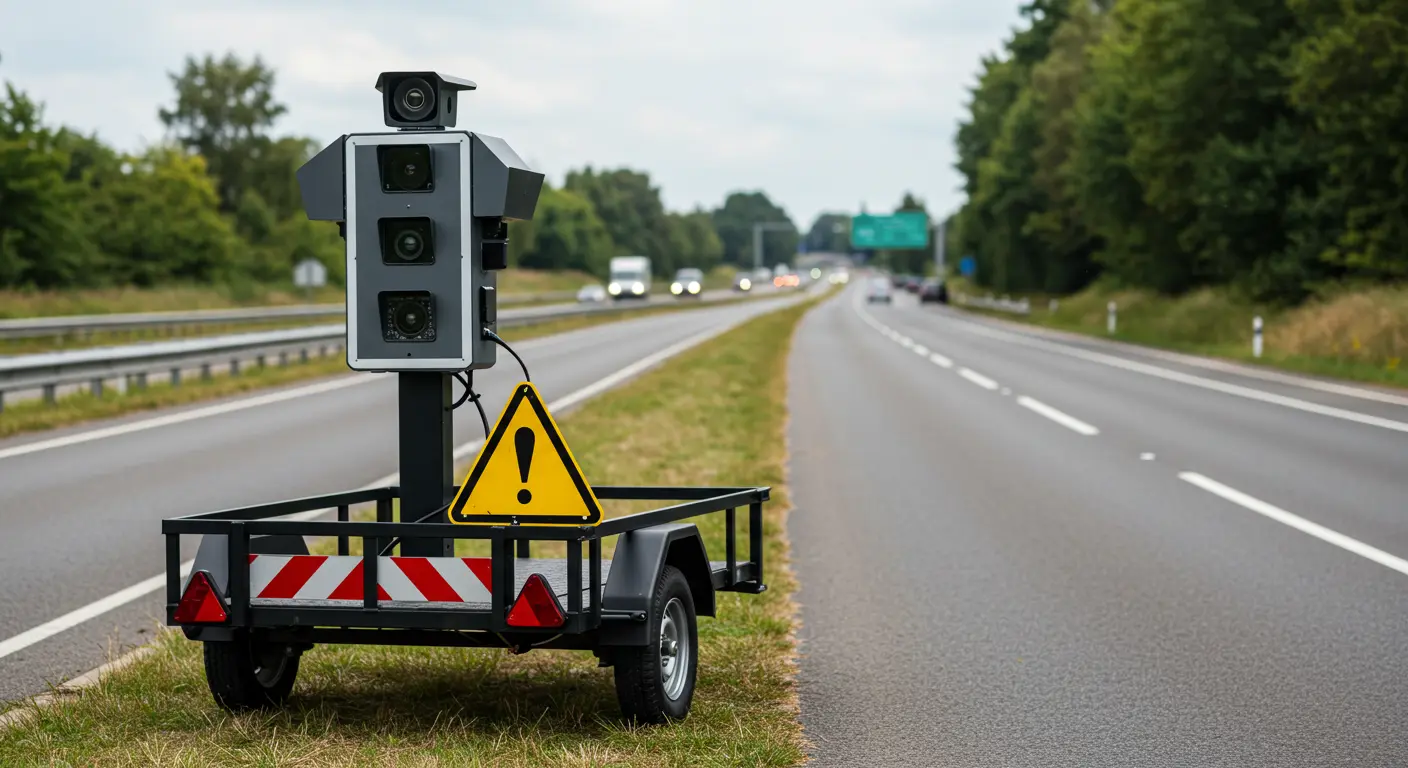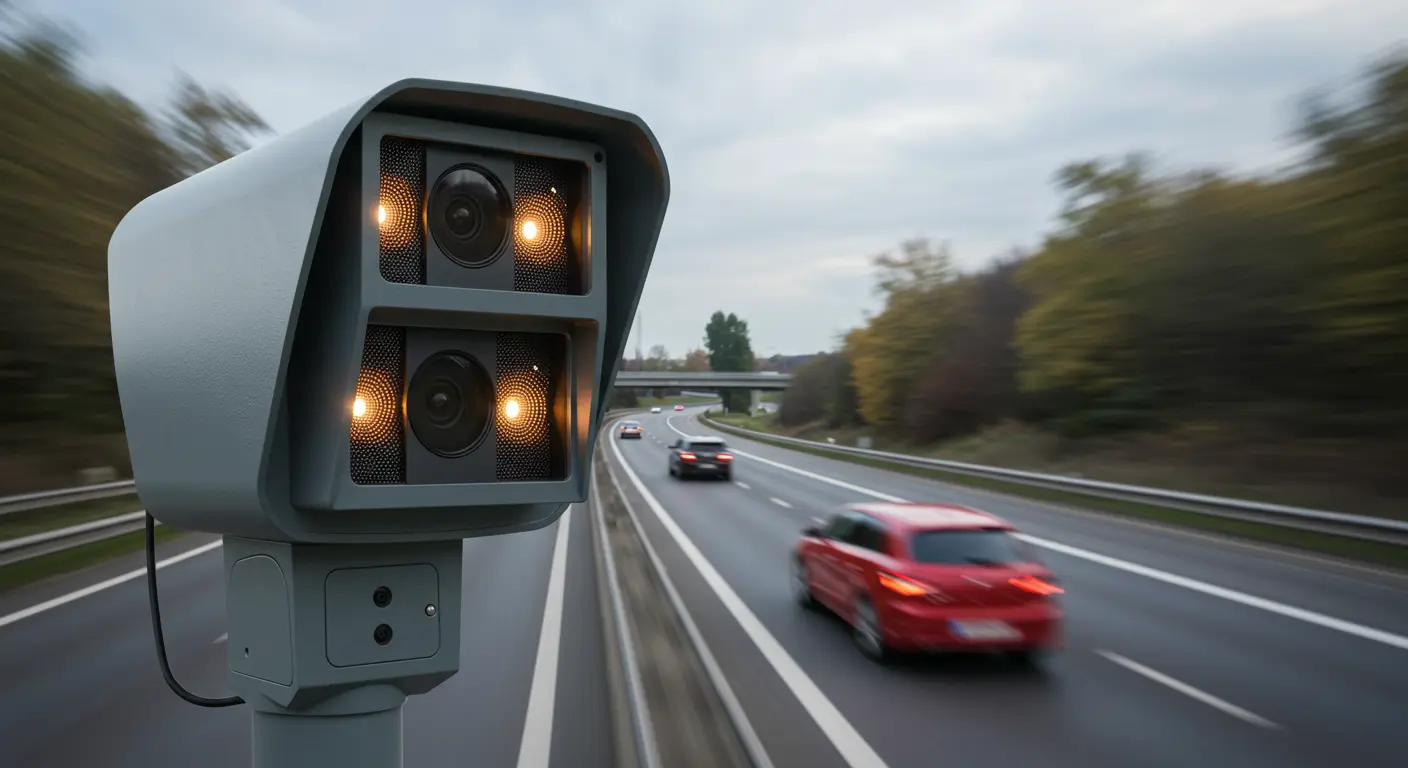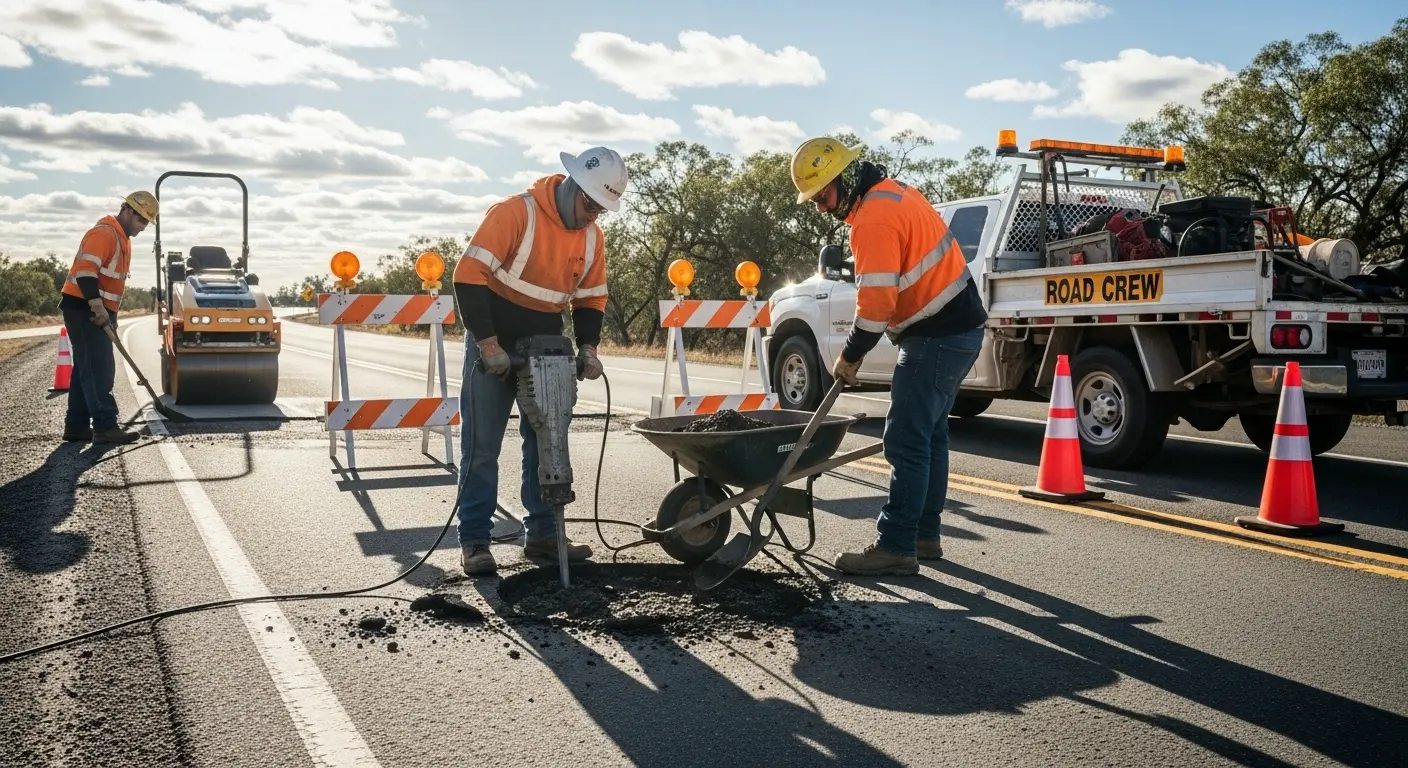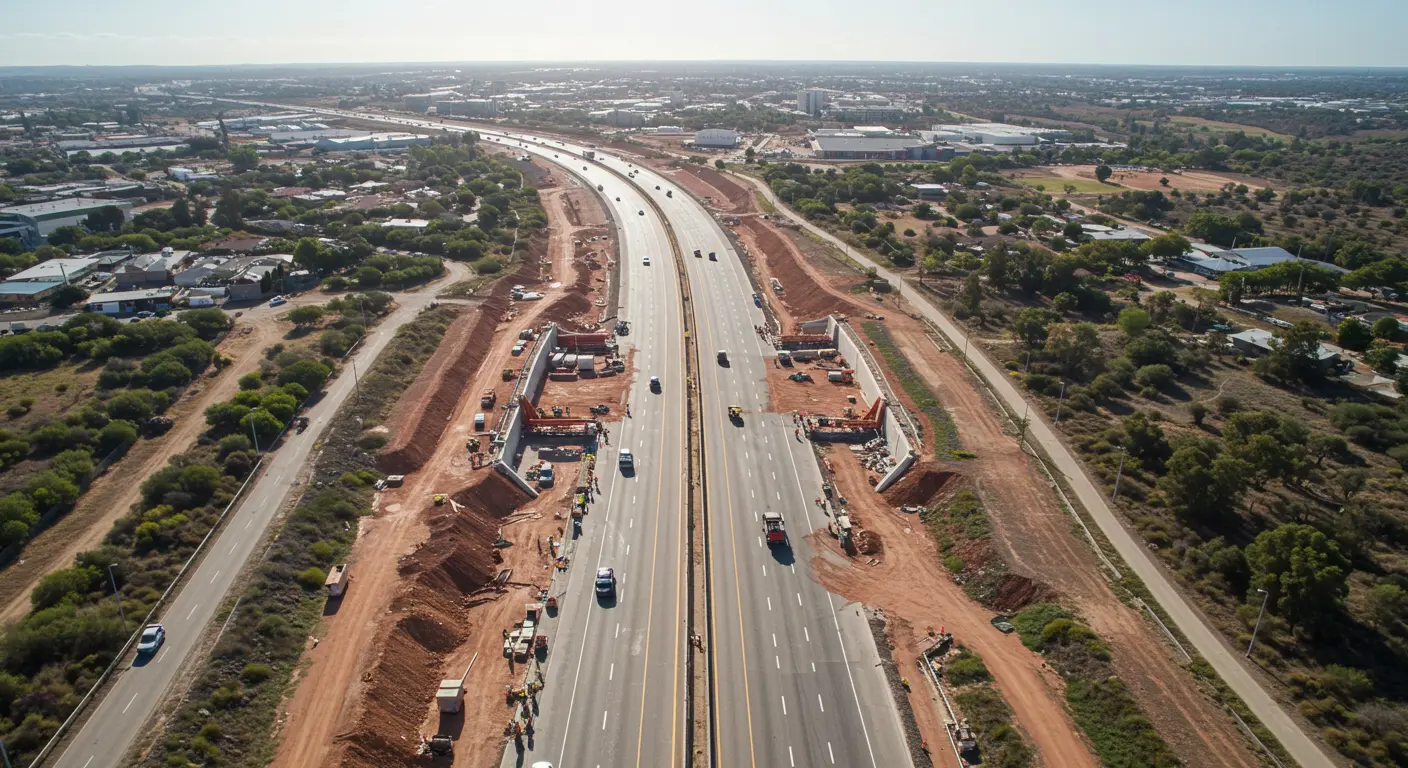The Australian federal government is pushing forward with plans to introduce a national road-user charge for electric vehicles (EVs), aiming to ensure all motorists contribute to road maintenance and infrastructure costs.
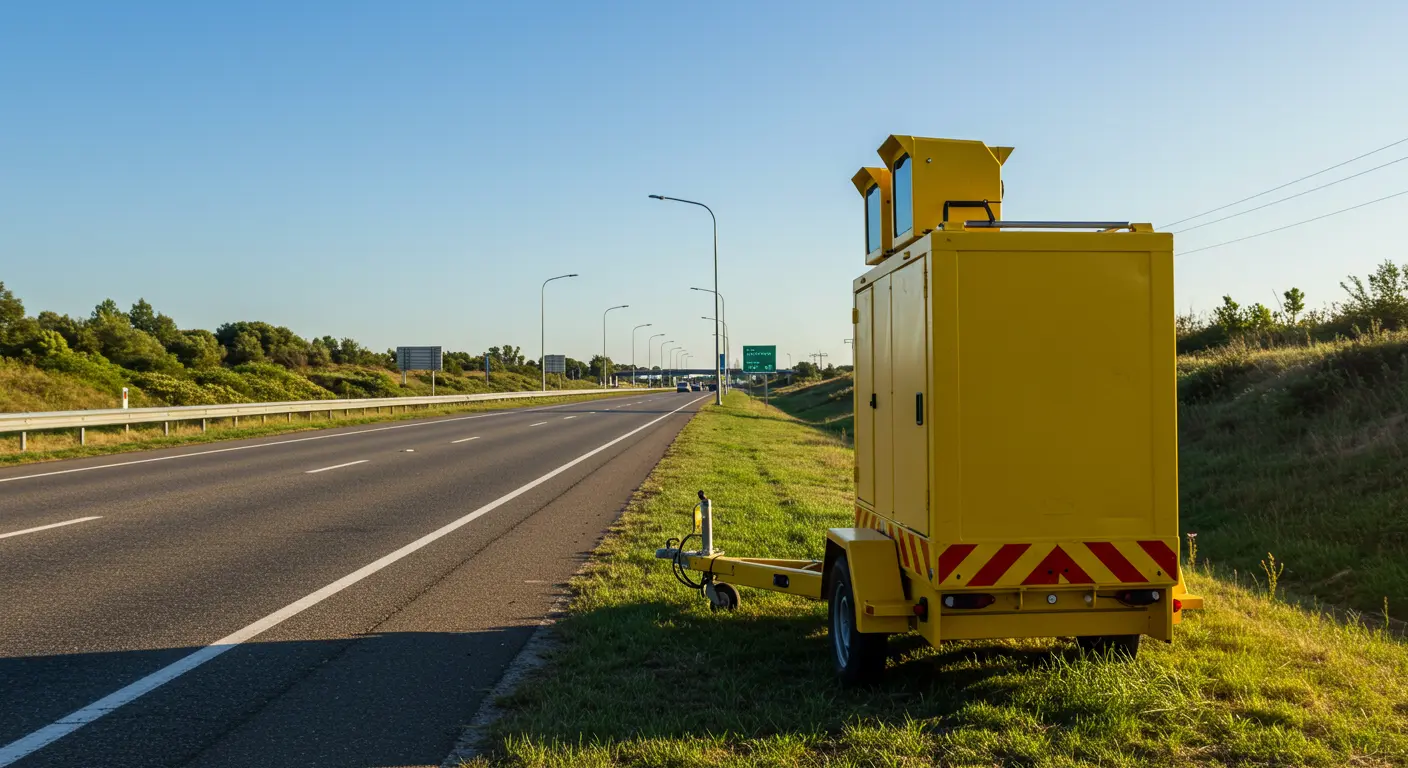
Federal Government Seeks National Reform
Treasurer Jim Chalmers has indicated continued discussions with states and territories on establishing a nationwide road-user charging (RUC) system. The current structure sees traditional fuel-powered vehicles contributing through fuel excise, while EV owners do not pay this tax as they do not purchase fuel. Fuel excise currently stands at 50.8 cents per litre, costing an average household more than $1200 annually.
In 2023-24, Australian motorists contributed approximately $15.71 billion in net fuel excise, with projections estimating $67.6 billion in collections over four years to 2026-27. As EV adoption grows and fuel consumption declines, the government anticipates significant revenue shortfalls, prompting the need for alternative funding methods.
AAA Advocates for National Distance-Based Charging
The Australian Automobile Association (AAA) supports a unified national approach to road-user charging. The AAA advocates for distance-based charges, suggesting this system would be a fair and equitable way to fund land transport infrastructure. They emphasise the importance of ensuring that revenue collected through RUC directly funds road upgrades and safety improvements.
State-Level Developments and Legal Challenges
New South Wales is currently the only state with firm plans to introduce a road-user charge, scheduled for 2027 or earlier if EVs reach 30% of new vehicle sales before that date. NSW also plans to implement a fixed 80% charge for plug-in hybrid electric vehicles (PHEVs), reflecting their partial reliance on fuel.
Western Australia has signaled its intent to introduce a similar scheme, but no firm implementation date has been set.
Victoria previously introduced an EV levy, which faced legal challenges. The High Court ruled that the state tax was unconstitutional, determining that it constituted an excise, a form of taxation reserved exclusively for the federal government. This decision has complicated the legal pathway for states to independently impose similar charges.

South Australia had also proposed an EV road-user charge under a previous government, combining a fixed charge with a distance-based fee. However, following significant backlash, the legislation was delayed and ultimately repealed.
Complexities of Implementing Reform
Experts have suggested that the most effective RUC system would account for various factors, including vehicle mass, distance travelled, location, and time of day. However, implementing such a comprehensive system remains legally complex due to constitutional limitations on the federal government’s ability to impose taxes that may discriminate between states.
While state governments could potentially impose these levies, the Victorian High Court case highlights the legal hurdles that may arise. As a result, national coordination will be critical to creating a legally sound and operationally effective RUC framework.
Next Steps
The federal government intends to continue negotiations with state and territory governments to advance road-user charging reform. The discussions are part of broader economic and infrastructure planning as the country adjusts to changing vehicle technologies and consumer behavior.
